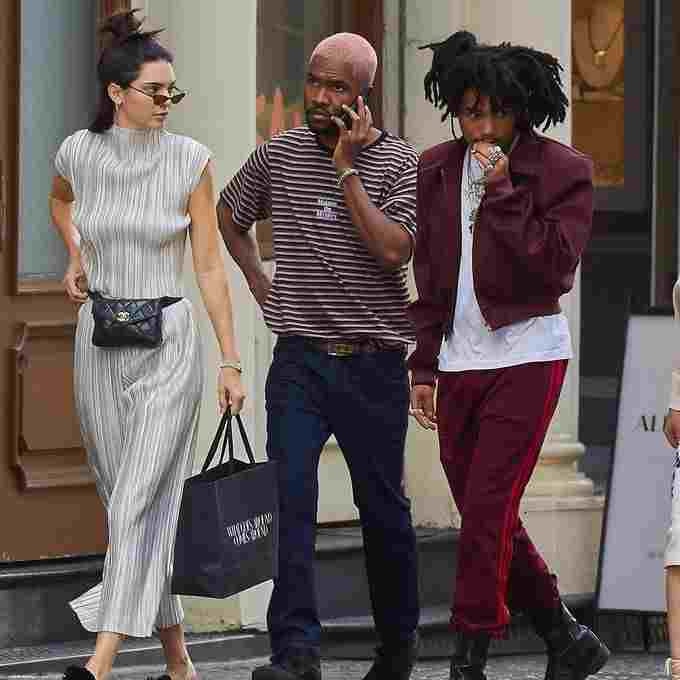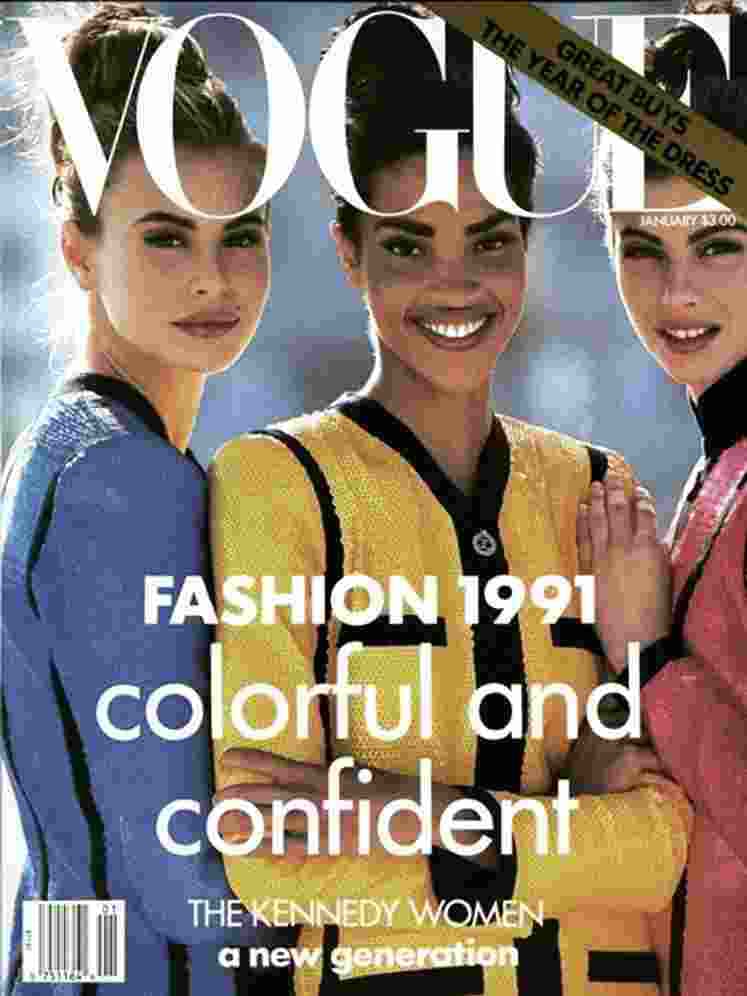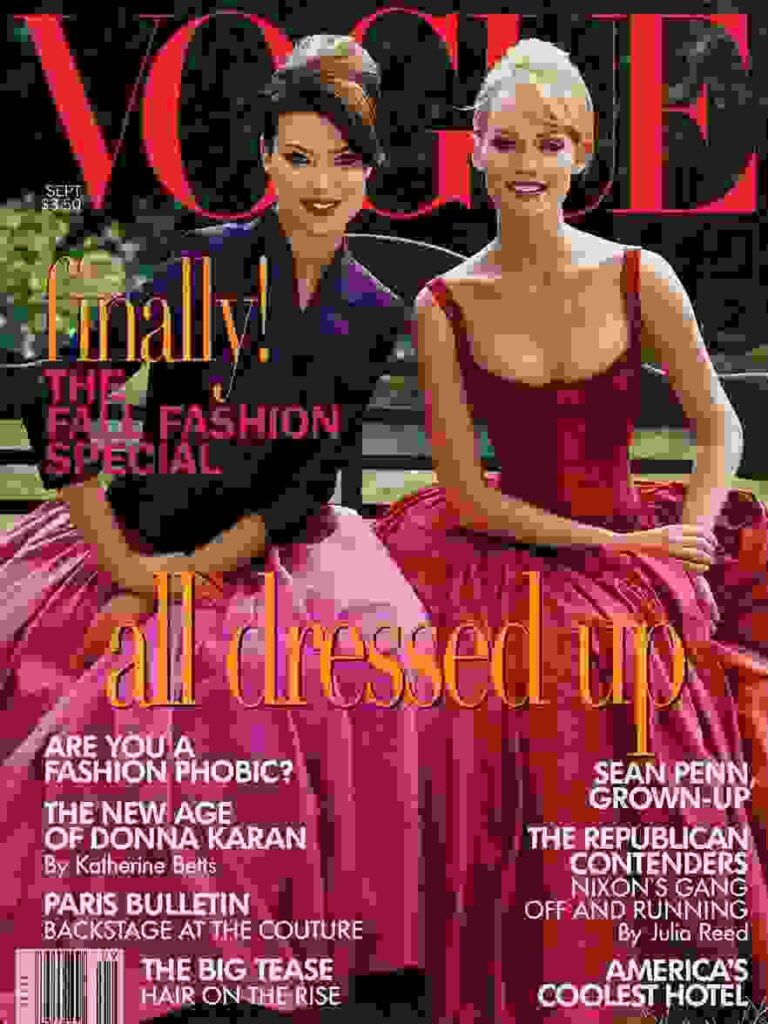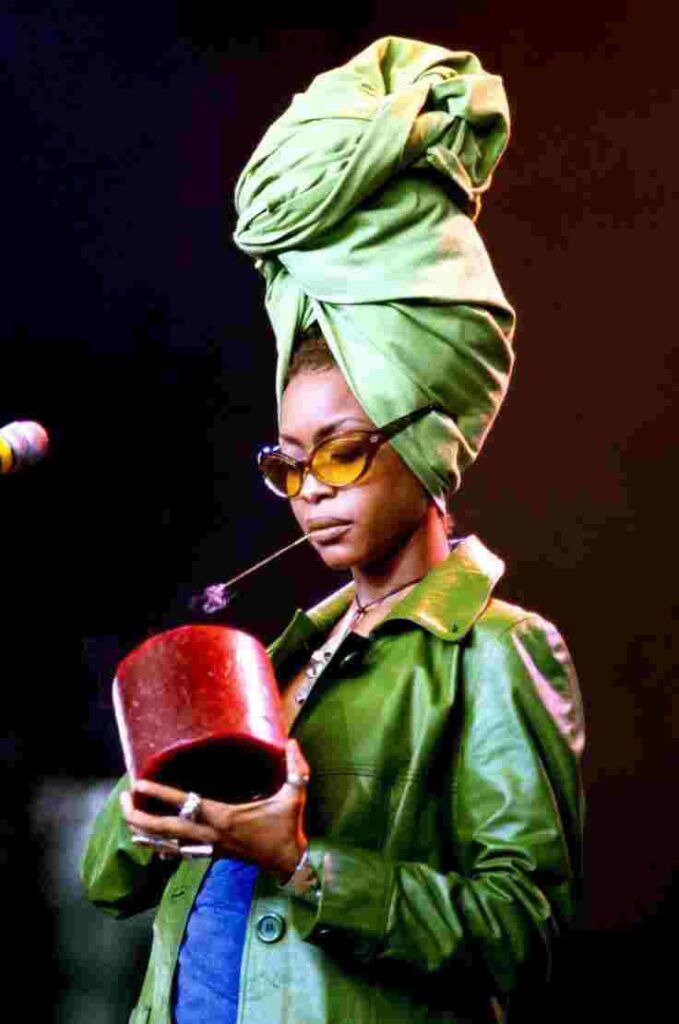Explore 90s fashion history—from supermodels and grunge to hip-hop, minimalism, and futuristic style. A fresh, news-style look at the decade that changed fashion forever.
90s Fashion History: From Supermodels to Grunge, Hip-Hop to Minimalism
Fashion in the 1990s changed the world. It’s a story of big models, small clothes, thrifted grunge, hip-hop glam, and tech-flavoured futurism.

The Rise of the Supermodels — Icons Who Ruled the Runway
The decade began with supermodels like Naomi Campbell, Linda Evangelista, Cindy Crawford, and Christy Turlington—more famous than the clothes they wore. When they walked Versace’s 1991 show arm in arm, people watched them, not just the fashion.
Also Read – 1980s fashion History.
These women changed modeling into a cultural force. They appeared in ads, walked runways, and turned the modeling world on its head.
Minimalism — Calm after the 80s Glam
After the 80s’ excess, the 90s ushered in minimalist fashion. Think Calvin Klein slip dresses, clean lines, neutral colours, and un-fussy pieces from designers like Jil Sander, Helmut Lang, and Prada.
This “less is more” vibe felt like a fresh breeze after decade-long extravagance.

Grunge & Thrift — Fashion That Looked Like You Didn’t Care
By the mid-90s, grunge was everywhere. Oversized flannel, ripped jeans, beanies, sneakers, and layered tees became cool—thanks to bands from Seattle. The intention: look effortlessly messy, not polished.
Kurt Cobain’s thrifted style became aspirational—rejecting logos and embracing real, second-hand character.
Hip-Hop Fashion — Bling, Baggy & Branded
Hip-hop fashion was bold and proud. Think gold chains, bomber jackets, eight-ball jackets, and street style straight from New York City.
At the same time, women in hip hop like TLC and Aaliyah brought style statements—parachute pants, neon colours, branded underwear, and street-chic looks that mattered.

Heroin Chic & Waif Look — Controversy Meets Style
The heroin chic look—thin, pale, edgy—surfaced via Kate Moss in Calvin Klein ads. It stirred criticism, especially after the death of photographer Davide Sorrenti in 1997. Even President Clinton denounced it, and by the late 90s, models like Gisele Bündchen marked its end.
It was a moment where fashion flirted with controversy—and learned hard lessons fast.
Futurism & Deconstruction — When Fashion Got Experimental
Designers got creative. The deconstructivist trend showed raw cuts and exposed seams; fashion became philosophical, edgy, intellectual.

Thierry Mugler’s Robot Couture 1995 metal cyborg suit, blending fashion and gadgetry, is a standout example. It remains iconic, resurfacing on Zendaya in 2024.
Trends Recap Table
| Trend | What It Means |
| Supermodels | Famous models becoming celebrities |
| Minimalism | Easy, clean, everyday clothes |
| Grunge Thrift looks | baggy styles, anti-fashion fashion |
| Hip-Hop Style | Street layers, gold chains, bold colour and brand visibility |
| Heroin | Chic Slender, edgy look—controversial and short-lived |
| Futuristic Fashion | Big ideas, robot suits, architectural cuts and tech inspiration |
FAQs — About 90s Fashion History
Q1: What started the shift from 80s glam to 90s minimalism?
A: The early 90s recession pushed designers toward simplicity. People wanted comfort, not flash—a reaction to 80s excess.
Q2: Why did grunge become popular?
A: Grunge came from music. Its unpolished, do-nothing attitude resonated with youth seeking authenticity and rebellion.
Q3: Did hip-hop influence high fashion in the 90s?
A: Yes—designers and street style influenced each other. Hip-hop fashion made runway statements reflect urban life.
Q4: Was heroin chic really that harmful?
A: It glamorized unhealthy body image. After backlash and tragic loss in 1997, the style quickly faded.
Q5: What’s deconstructivist fashion?
A: It’s thoughtful, raw and structural—showing the guts of a garment, not hiding them. It’s fashionable with a philosophical vibe.

[…] Also Read – 90s Fashion Nostalgia. […]
[…] Also Read – 90s Fashion Nostalgia. […]